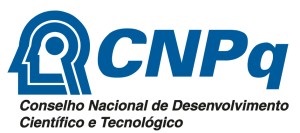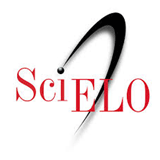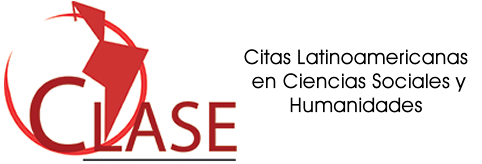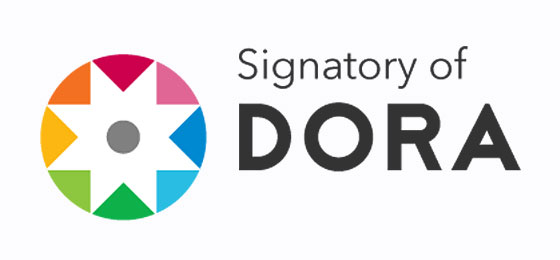De la homogeneidad a la diversidad: las actuates transformaciones del campo religioso en la sociedad argentina
Keywords:
câmbio religioso, monopólio religioso, diversidade religiosa.Abstract
Based on many researches amongst urban population, this article shows the main changes that have taken place in the Argentinian religiousfield. These changes are related to the loss of certainties, to the fall of the wellfare state and to the weakning of historic institutions in charge of the warranty of meaning. After a long time of catholic monopoly, in the contemporary world, arises a heterogeneous, active and plural religious field, caracterized by diversity, emphasizing emotional experiences and the individual shaping of the self based on various religious traditions.
Downloads
References
Amegeira, Aldo. (1994). “Socialización y adoctrinamiento religioso: el caso de los jóvenes misioneros” en la Iglesia de Iso Santos de los Últimos dias en Sociedad y Religion, n“ 12, BsAs.
Bourdieu, Pierre. (1971). “Genese et structure du champ religieux” en Revue francaise de sociologie, XH-3.
------------------. (1971). “Une interpretation de la theorie de la religion selon Max Weber” en Archives Europeenes de Sociologie, tomo 12, n® 1.
Campiche, Roland J. (19901990). “Un enfoque sociológico en torno al campo religioso” en Cristianismo y sociedad, n® 104, Mexico.
Chapp et alii. (1991). Religiosidadpopular en la Argentina. CEAL, n® 332.
Frigerio et alii. (1993). Nuevos Movimientos Religiosos y ciências sociales. CEAL, BsAs, n“ 89-90.
Garcia - Esquivel -Hadida. (en prensa). Quilmes: creenciasy prácticas. Buenos Aires: Eudeba.
Gialdino, Irene Vasilachis de. (1992). Métodos cualitativos. IJ3sAs: CEAL.
Kokosalakis, Nikos. (1990). “Orientaciones cambiantes en sociologia de la religion” en Cristianismo y Sociedad, n® 104, Mexico,.
Leger, Daniele Hervieu. (1986). Vers un nouveau christianisme? Paris: CERF, p. 227. --------------------------------------. (1999 ). Le pelerin et le converti. Paris: Flammarion.
--------. (1996). “Catolicismo: desafio de la memoria”en Sociedady Religion ns 14/15. -------------------. (1993). La Religion pour memoire. Paris: Le Cerf.
Mallimaci, F. (1994). “La Iglesia argentina ante el liberalismo en F, Mallimaci”, comp., CEHILA, Historia General de la Iglesia en America Latina, tomo IX Cono Sur, Salamanca: Sigueme.
----------------------. (1996). “Diversidad católica en una sociedad globalizada y excluyente” en Sociedady Religion. Buenos Aires, n® 14/15.
----------------------. (1997). “A situação religiosa na Argentina urbana do fim do milênio” en Oro- Steil (Orgs.) Globalização e religião, Petropólis: Vozes.
---------------------. (1993). “Catolicismo integral, identidad nacional y nuevos movimientos religiosos” en NuevosMovimientos Religiosos y Ciências Sociales. CEAL, ne 90, BsAs.
----------------------. (1987). “E. Troelstch y la sociologia histórica del cristianismo” en Sociedad y Religion, ns 4, Bs. As.
Miguez, Daniel. (1998). “Política y magia en un suburbio de Buenos Aires” en Sociedad y Religion, n® 16/17.
Poulat, Emile. (1977). Eglise contre bourgeoisie. Introduction au devenir du catholicisme actuel. Paris: Casterman.
Rock, David. (1993). El autoritarismo en la Argentina. BsAs: Espasa Calpe.
Robbins, Thomas. (1988). “The transformative impact of the study of new relgions on the sociology of religion” en Journal for the scientific study of religion, 27(1).
Stark, R. y Braimbridge, W. (1980). “Network of faith” en American Journal of Sociology, vol. 85, ns 6.
---------- ------. (1980). “Network of faith” en American Journal ofSociology, vol. 85, na 6. Troelstch, Ernest. (1931). The social teaching of the Christian churches. New York: George
Allen and Unwin Ltda.
Downloads
Published
How to Cite
Issue
Section
License
Copyright (c) 2022 Revista Sociedade e Estado

This work is licensed under a Creative Commons Attribution-NonCommercial 4.0 International License.

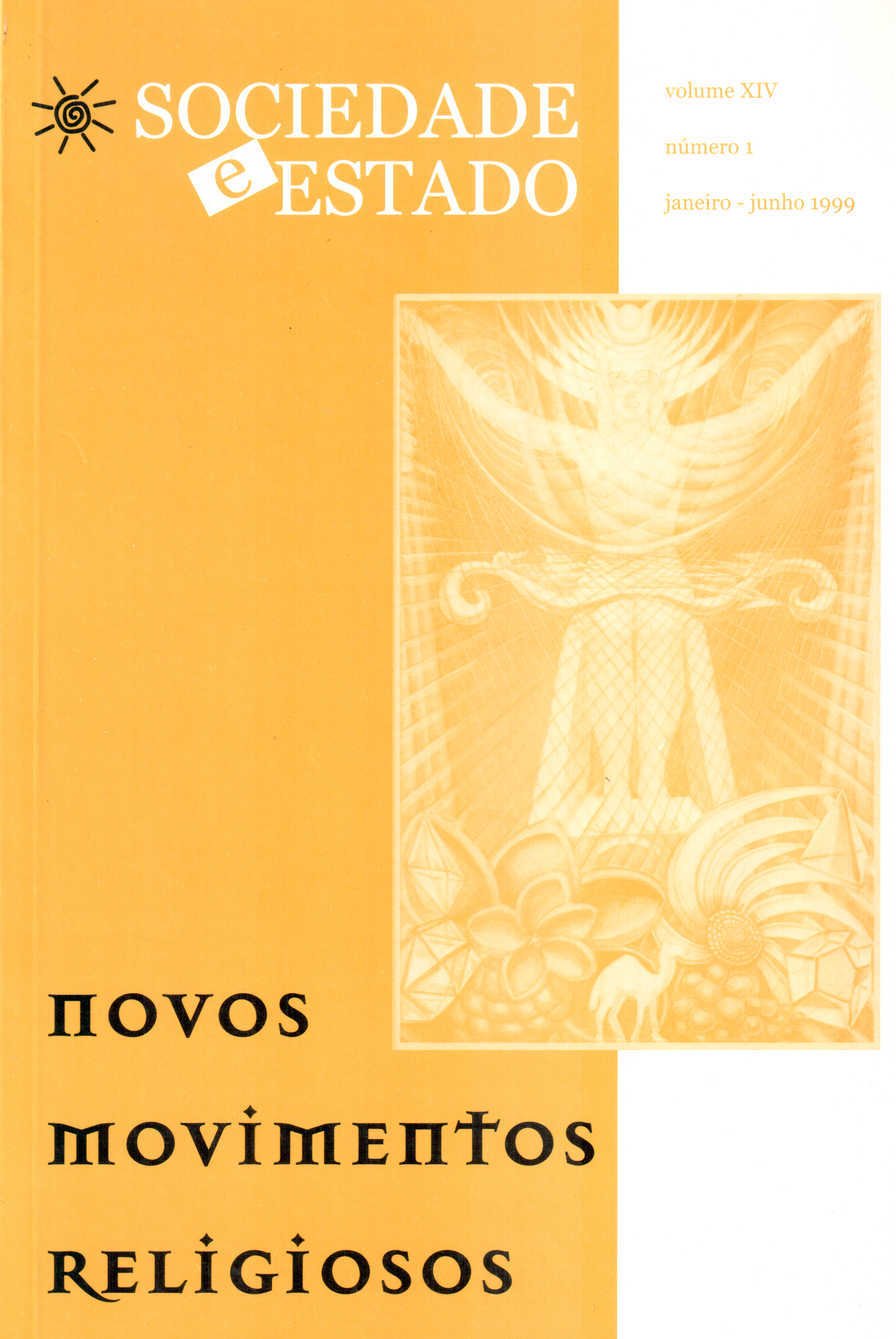


.jpg)

